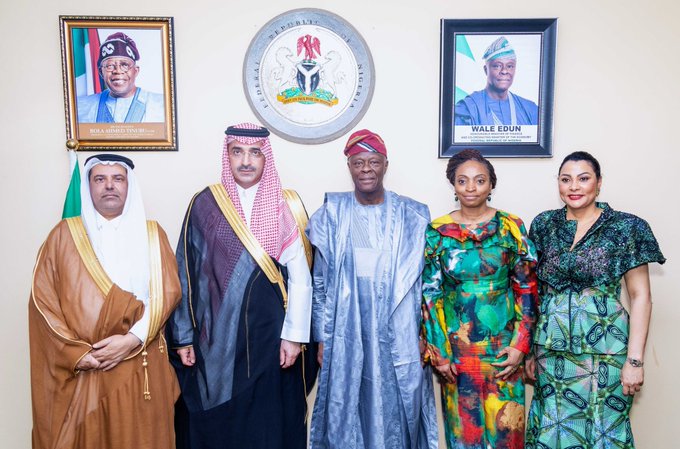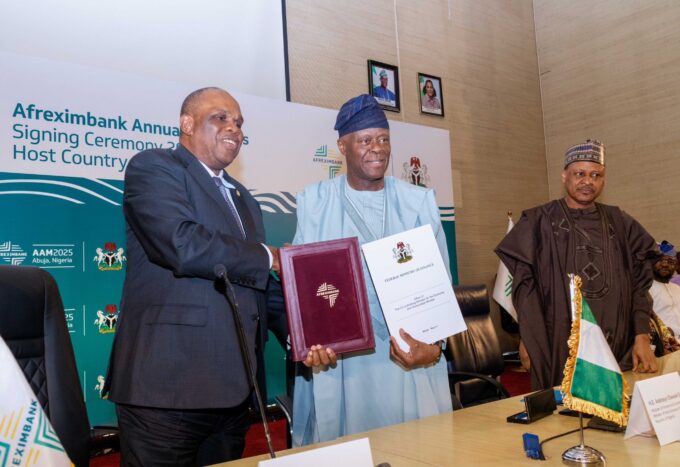Lagos and Oyo states as well as the Federal Capital Territory (FCT) have emerged as best performing states in Nigeria’s socioeconomic scorecard, according to Analysts Data Services and Resources (ADSR).
The Managing Director and Chief Economist of ADSR, Afolabi Olowookere, made the disclosure on Tuesday during a Webinar series with the theme: “The Socioeconomic Scorecard of Nigerian States (2023 Baseline Edition).”
Mr Olowookere said that while Nigeria’s average was pegged at 45.79 per cent, the best performing states – Lagos, FCT and Oyo scored 62.5 per cent, 58.9 per cent and 58 per cent respectively.
According to him, a total of 57 relevant indicators were used in the construction of the scorecard across 12 key broad socio-economic segments namely Economic Output; Government Finance; Financial Sector; and Capital Importation.
Others were Land, Housing and Sanitation, Transportation, ICT Infrastructure, Energy and Environment, Industrialisation and Business Competitiveness, Education, Health, and Citizens’ Livelihood and Welfare.
He stated that generally across all states, the best performing segments were the Information and Communication Technology (ICT) at 58.31 per cent, and financial sector at 51.96 per cent.
The economist revealed that the least performing sectors were transportation 34.24 per cent, and citizens’ livelihood and welfare at 37.14 per cent.
He added that the least performing states were Yobe at 34.5 per cent, Gombe State at 35 per cent and Sokoto State at 36.8 per cent.
According to him, after the elections earlier this year, many of the state governors constituted their cabinets and some are already revising or putting together their States’ Economic Development Plan and Strategy Documents.
“The usual promise is to improve the socio-economic status of the citizens of a state in the next four years and beyond.
“The aim is to provide baseline data and highlight the relative performance of, and aid effective policy making at, the sub-national level of government in Nigeria,” he added.
Meanwhile, Bright Eregha, a professor of Economics at the Pan-Atlantic University, emphasized the need to tackle the binding constraints to productivity by and large industrialisation.
Mr Eregha called for a more structured and proper Public Private Partnership (PPP) framework to finance infrastructural facilities therefore enhancing manufacturing and global competitiveness.
“It is also important for government to be more efficient in delivering an enabling environment for businesses to thrive.
“Education, health and human capital development as key drivers of productivity must be refocused while Nigeria takes advantage of its youthful population and train them on skills that are relevant to get the needed competitiveness across states.
“The least performing states in welfare and livelihood show the criticality of education and we need to put more emphasis on programmes that drive education to drive human capital development and to strengthen institutions,” he said.
Similarly, OluwaSeyi Vincent, an economist from the Nigerian Economic Summit Group, (NESG), urged government to focus better on the health sector due to its ability to shore up productivity.
Vincent, lauding government’s various health schemes so far, also noted the need for a wider coverage of the National Health Insurance Scheme, particularly in rural areas to further increase access to healthcare.
Also, Adedotun Seyingbo, an Economic Development and Governance Reform specialist, said industrial policies at sub-national levels needed to be rethought and reviewed.
He noted that efforts by some states to drive industrialisation via provision of lands, subsidies among other measures remained largely uncoordinated.
“States must stop imitating policies but create reforms typical to addressing each state’s perculiar industrialisation needs.
“There should be more focus on domestic businesses and encouraging reforms for new and innovative businesses.
“As such, states must refocus developing entrepreneurship, start-ups, new ideas and businesses and encourage domestic firms till they grow large enough, to begin to attract the needed Foreign Direct Investment (FDI),” he said.
NAN














